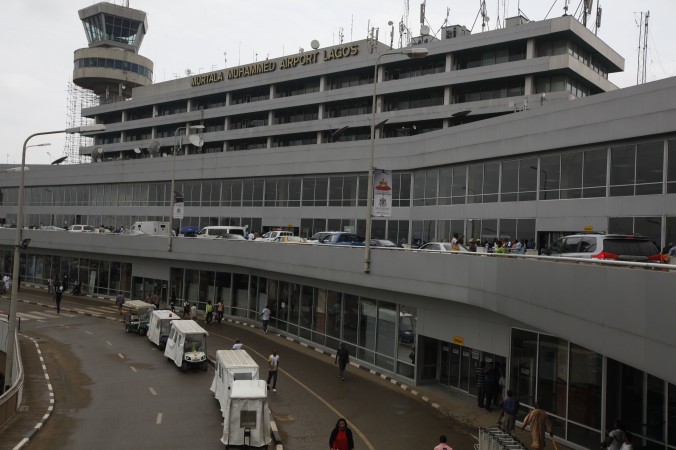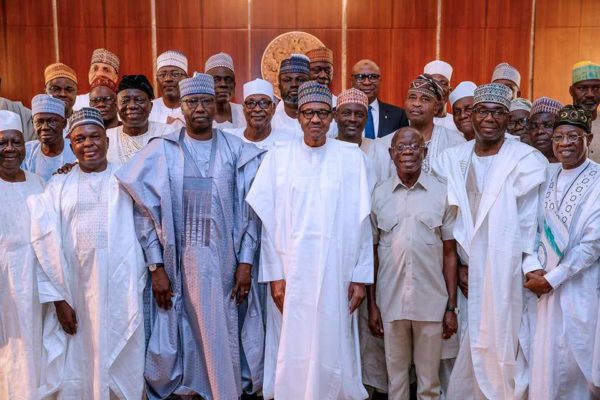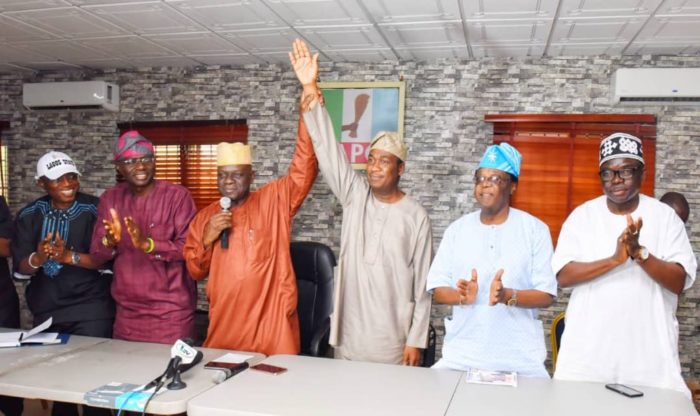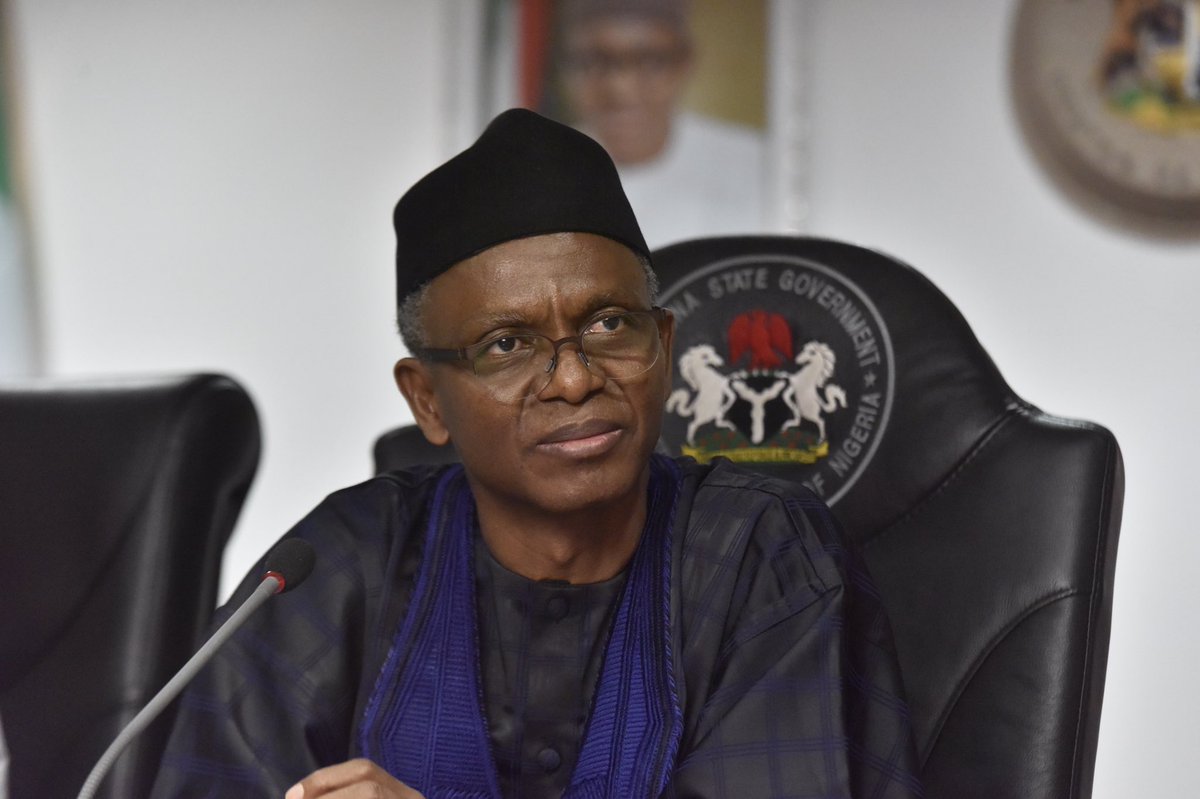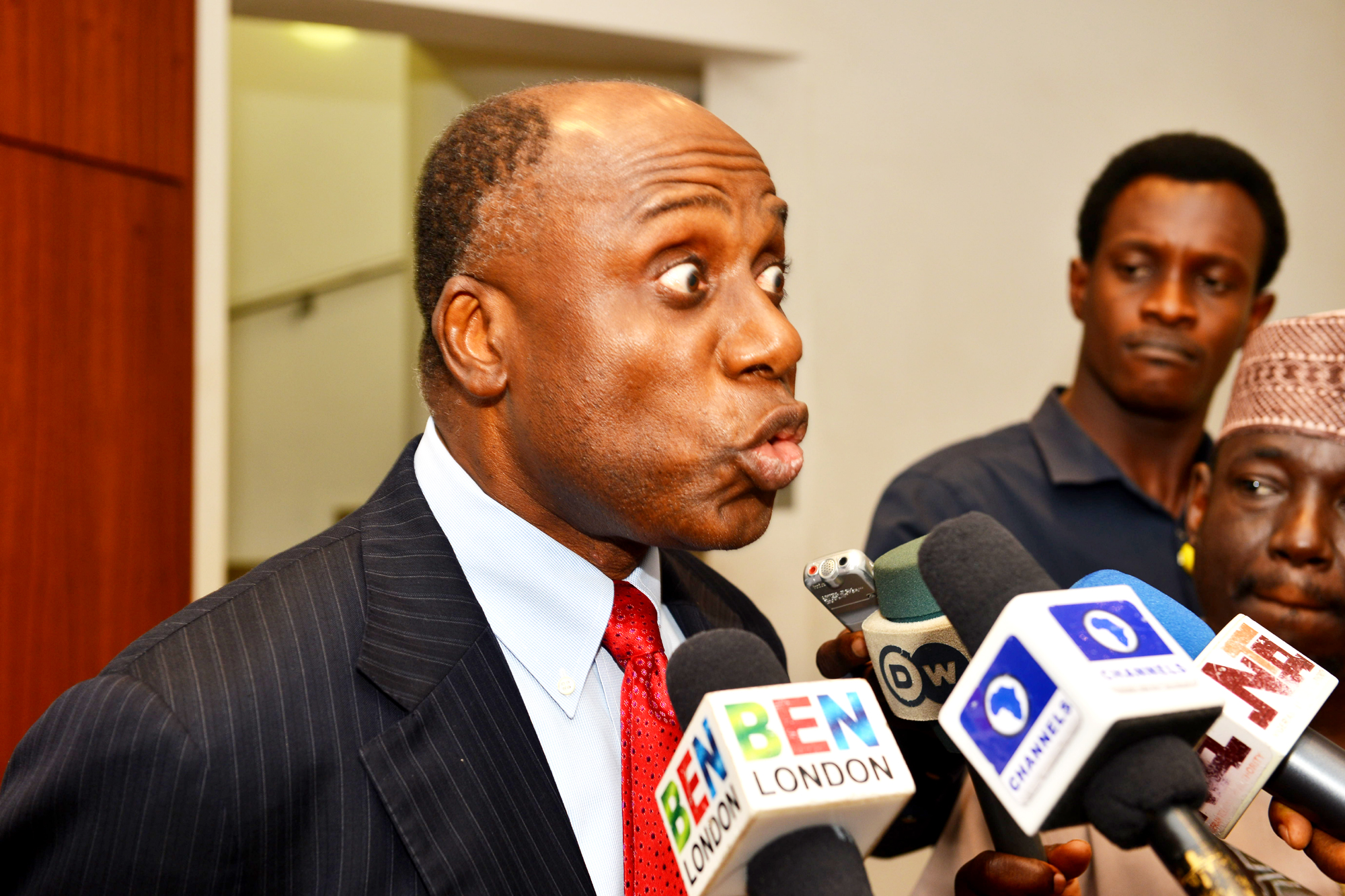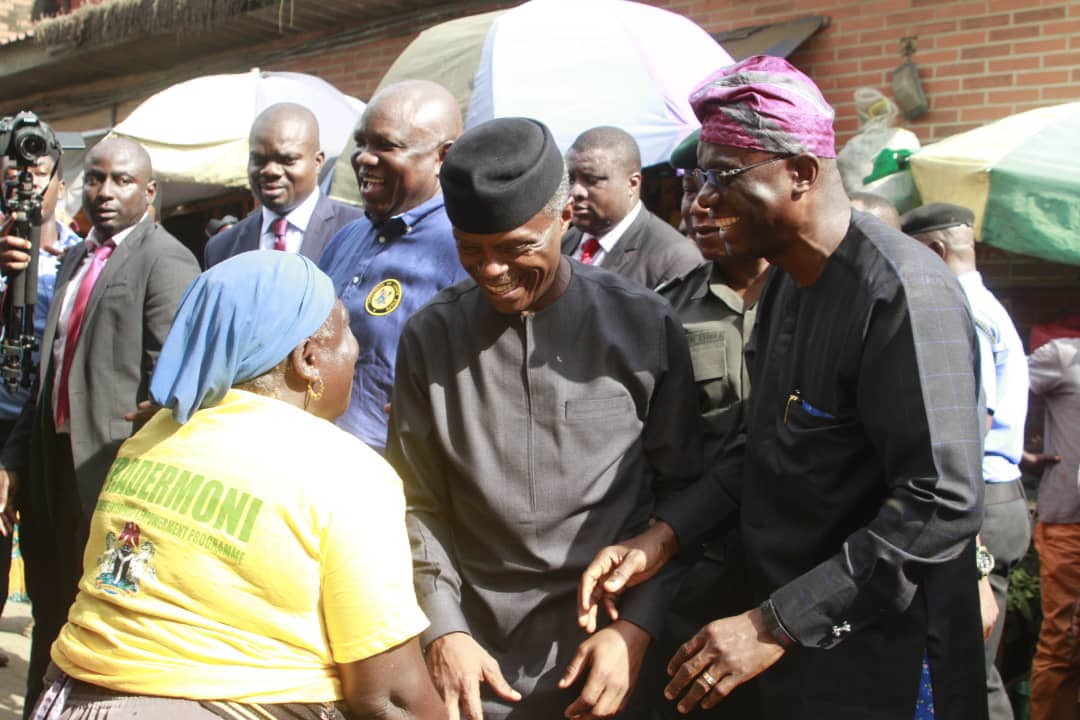BY SAMUEL GETACHEW
I was recently in Lagos to attend an event hosted by The Tony Elemulu Foundation. It was my first-time visiting the continent’s most populous nation and one of its most important. Nigeria, like a number of African nations, suffers a perception that is corrupt and sadly and something that is in its “national culture” as prominent American General Colin Powell once said. Sadly, this narrative is embraced by many people as famine and conflicts are with my native Ethiopia. This despite Ethiopia scoring an economical high and Nigeria is fighting corruption with bold initiatives against it, for both struggling to lure investors and tourist to meet the demands of some of the fastest growing populations in the world.
While in Lagos, a mere tweet I sent about my experience at Lagos International Airport managed to garner much attention having been re-tweeted more than 4000 times. I would like to address what happened to me and my colleagues without the word limits of social media.
I was in the country for less than 48 hours. When I flew there, I was given unsolicited advice how to act from friends. I was told not to give a reason to bribe Nigerian Immigration officials. I was told to leave valuables at home and not expose them to get “lost”. I was told to carry limited amount of cash and have everything in my carry-on luggage with a secured lock. I was told the immigration personnel would demand payments for favors and I would be delayed unless I paid them off.
I did not want to believe these assumptions. After all, the words of Colin Powell were said decades ago. I arrived at the Lagos airport with a group of journalists from a number of African countries. We had arranged a pre-arranged visa on arrival. As soon as we arrived, we were whisked inside a small room for two hours with immigration officers that were anything but professionals. Some were making fun of the accents of the Chinese who had arrived with us, while some looked down on us.
Advertisement
“Do you want to be sent back to your country”, they would say, when their expectation has not been met. We were overwhelmed by their arrogance. All we wanted was to be able to attend the forum and be give the visa that has been pre-arranged.
For two hours, we were whisked from room to room, to a foreign exchange office and to a computer café to produce irrelevant documents when asked. Some would demand money as “gifts”, while others would neglect to give us our change after accessing a Wi-Fi.
After two hours, with some contemplating accepting the challenge of being sent back “home” as was suggested and a female journalist crying inconsolably and not sure how to bribe them so we can move forward with our plans, we were suddenly told our visa would be rendered.
Advertisement
The immigration officer that I went to pay to, told me, he was not in a position to collect the fee and pointed at a uniformed individual to pay to but asked for a “gift”.
He would finally come and hand us our passports and we were ordered to pay in cash. He would put our money with ease inside his own pocket. He would refuse to give us receipts when asked. He even would have the liberty to discount some of the fees, when some would protest.
An official fee of $75 had grown to $105 for me because of service charges. Shouldn’t the service charges be included in the actual fees, I wondered. A number of my colleagues would protest having paid twice, at the Lagos Airport and at Nigerian Embassy to deaf ears. “Welcome to Nigeria”, one of our colleagues in Nigeria for a second time, said.
In all of these, we wondered if government money should belong inside the pockets of an individual.
Advertisement
Since my tweet went viral, I have been communicated by the Office of Vice President in Nigeria and countless of Nigerians and friends of Nigerians, as I am, relieving their own nightmares at the Lagos Airport. Insults would also come my way, even being called a “terrorist” because of my tweet. Some of these tweets would be re-tweeted by account of the Nigerian Immigration.
Back at the Lagos airport, as I was met with a dozen individuals, including a representative from the Office of Vice President Yemi Osinbajo and the Nigerian Immigration office (some were secretly recording me) that was both overwhelming and humiliating and I was finally handed unofficial receipt with no official stamp for what I paid for.
All these government officials seemed to have been taken aback by what had happened. It seemed they cared more about the reaction to my tweet than helping construct a Nigerian society that is free of corruption. I was surprised it took the office of the Vice President to produce a document that should have been handed to me when I first asked.
If Nigerians really want to fight what is perceived about them and what is being experienced in their nation, the first place to fight it head on is at its airports, where first impressions happen and where a culture of extortion seems to be widespread.
Advertisement
Getachew sent in this piece from Ethiopia
Advertisement
Views expressed by contributors are strictly personal and not of TheCable.
Add a comment
